Chemical Wastewater Treatment System ATNewtech: The Perfect Solution for Factories and Industrial Zones
Are you looking for an optimal chemical wastewater treatment solution for your factory or industrial zone? ATNewtech’s wastewater treatment system using stainless steel and composite tanks is the ideal choice for you. Combining advanced technology and high-quality materials, we are committed to providing you with an effective, sustainable, and environmentally safe wastewater treatment solution.
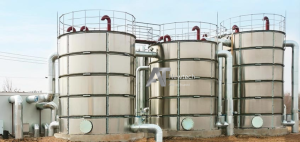 ” width=”600″ height=”283″>
” width=”600″ height=”283″>
1. Standards for Treated Wastewater Quality
- QCVN 40:2011/BTNMT: This is the national technical regulation for industrial wastewater. According to this standard, treated wastewater must meet the allowable limits for pollutants before being discharged into the environment. Parameters to control include pH, BOD5 (biological oxygen demand), COD (chemical oxygen demand), heavy metals, suspended solids (TSS), oils and fats, and hard-to-degrade organic compounds.
- QCVN 50:2013/BTNMT: This standard applies to wastewater from chemical production industries, with special control over substances like ammonia, nitrate, phosphate, and harmful organic compounds.
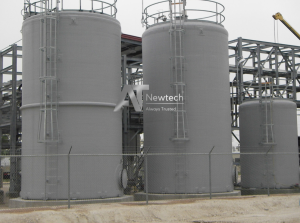
2. Treatment Technology Requirements
- Physical-Chemical Technology: Includes processes such as coagulation, flocculation, sedimentation, filtration, and adsorption. These processes help remove suspended solids, heavy metals, and organic compounds.
- Biological Technology: Involves anaerobic, aerobic processes and biological membrane filtration to treat biodegradable organic compounds and nutrients like nitrogen and phosphorus.
- Chemical Technology: Uses chemical reactions to neutralize, oxidize, or reduce harmful pollutants. For example: Fenton oxidation, ozonation, and disinfection using chlorine or UV light.
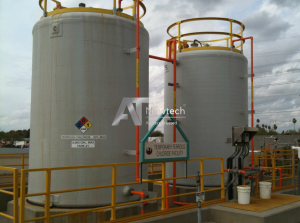
3. Management and Operation Requirements
- Wastewater Quality Monitoring: The system needs to be equipped with measurement and monitoring devices to continuously check wastewater quality parameters. Sampling and analysis must be conducted regularly as required.
- Operation Management: The system must be operated by qualified personnel trained in wastewater treatment technology and occupational safety. Standard operating procedures (SOPs) are essential to ensure the system works effectively and safely.
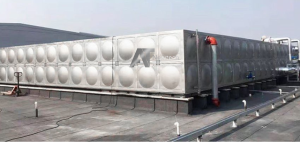
4. Safety and Environmental Protection Requirements
- Environmental Accident Prevention: The system should have preventive measures and emergency response capabilities, such as emergency storage tanks and automatic alarms for overloads or malfunctions.
- Public Health Protection: The treated wastewater must ensure it does not harm human health, flora, fauna, or the surrounding environment.
Complying with these standards not only helps protect the environment but also prevents legal penalties, enhances corporate reputation, and promotes social responsibility.
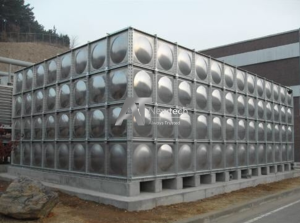

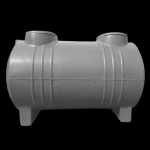 Composite Tank
Composite Tank Kitchen equipment
Kitchen equipment Industrial water tank
Industrial water tank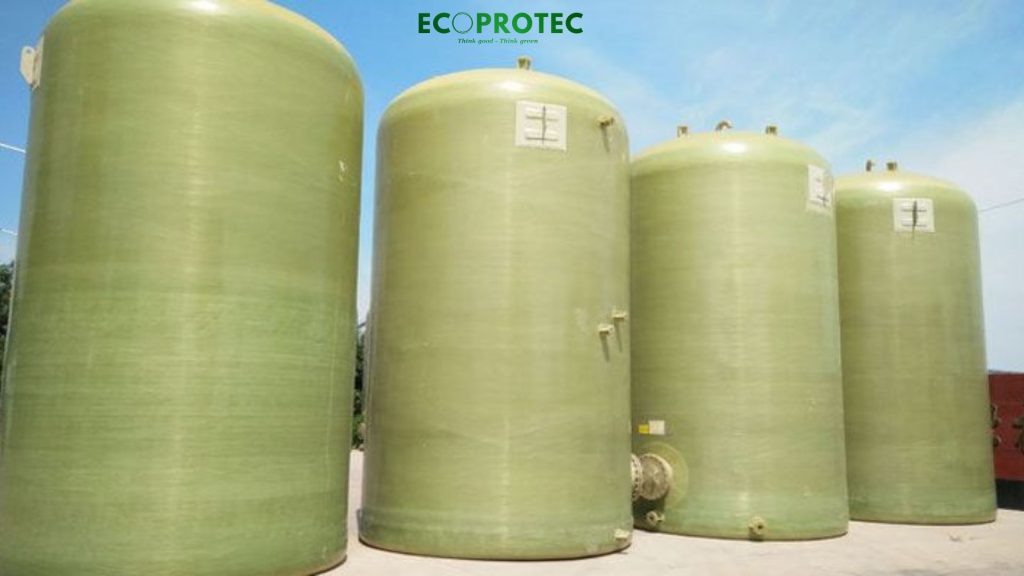
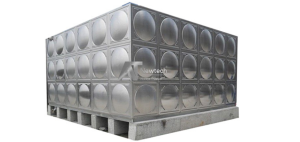
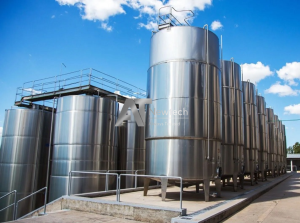 ” width=”600″ height=”446″>
” width=”600″ height=”446″>

